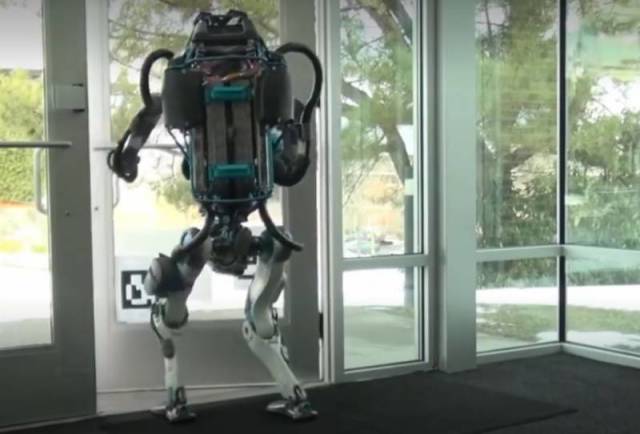
Image source: topwar.ru
Entrepreneur and owner of Twitter (blocked on the territory of the Russian Federation for refusing to remove extremist content) Elon Musk and Apple co-founder Steve Wozniak are among the big names in an open letter signed calling for stopping the deployment of artificial intelligence-based tools such as ChatGPT.
Last Wednesday, a letter titled "Suspend experiments with artificial intelligence" was posted on the website of the Institute of the Future. It said:
The letter was posted on the FLI website, where it says that his work is related to the provision of grants, political research and advocacy in areas such as AI. The letter was signed by researchers, tech company executives and other well-known figures such as Jaan Tallinn, co-founder of Skype, Craig Peters, CEO of Getty Images, and Yuval Noah Harari, writer and professor at the Hebrew University in Jerusalem.
A six-month pause was proposed for training systems more powerful than GPT-4 — the latest development in ChatGPT, which can now also handle image-related queries.
— they say.
So what is ChatGPT and what does the open letter say about it? A chatbot is a computer program that can communicate with a person and that has become a common part of websites over the past few years. On sites like Amazon, chatbots help people submit refund and refund requests. But a much more advanced version appeared when OpenAI, an American artificial intelligence research laboratory, created the chat bot ChatGPT last year.
According to OpenAI's description, ChatGPT can answer "additional questions" and can also "admit its mistakes, challenge incorrect premises and reject inappropriate requests." It is based on the GPT 3.5 series of Language Learning Models (LLM). GPT stands for Generative Pre-trained Transformer 3, and it is a kind of computer language model that relies on deep learning methods to create human text based on input data.
With artificial intelligence (AI), instead of human programmers having to enter certain input data into a program, large amounts of data are entered into the system, and then the program uses this information to learn to "meaningfully" understand the information.
The development of ChatGPT has been hailed as a new stage of technological development that promises to revolutionize the way people search for information, much like search engines like Google used to do. At the same time, major figures in the field of information technology believe that the uncontrolled development of the AI program, including chatbots, can lead to irreversible negative consequences for all mankind. One of the main ones is that the system can learn so much that it does not just stop obeying human commands, but gives a person its own commands, putting forward an ultimatum in case of refusal to fulfill them.
